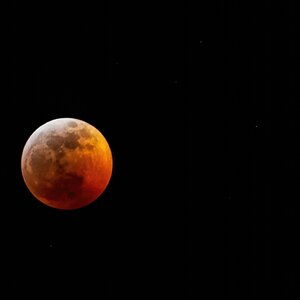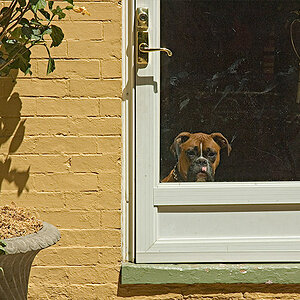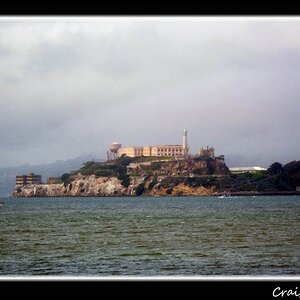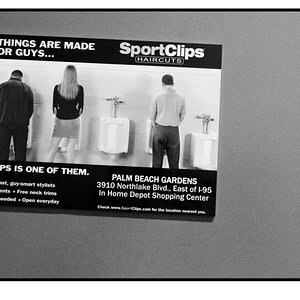misskrys
TPF Noob!
- Joined
- May 15, 2010
- Messages
- 107
- Reaction score
- 0
- Location
- SLOcal
- Can others edit my Photos
- Photos OK to edit
I totally agree with you, Jeff. I started out with a Nikon N75 (film) and had to think of how to take every picture, because I only had (at most) 36 shots. Sometimes I would only get 3 good shots out of a whole roll, and it forced me to learn about exposure, lighting, etc. I admit, I'm still not all that great - definitely have room for improvement! Unfortunately, the expense got to me, and I haven't taken any photos in almost 2 years. =(
But I also agree that a DSLR can be excellent for newbies. Like reeves pointed out, you can take a photo, immediately look at it, and change it, which is quite helpful (especially for us poor college students! lol). But then there are those people who rely on the "well, I took 750 pictures, so there must be at least one good one" approach.
But I also agree that a DSLR can be excellent for newbies. Like reeves pointed out, you can take a photo, immediately look at it, and change it, which is quite helpful (especially for us poor college students! lol). But then there are those people who rely on the "well, I took 750 pictures, so there must be at least one good one" approach.


![[No title]](/data/xfmg/thumbnail/30/30990-df3df397f705643bc2c207cc9d579d08.jpg?1619734554)


![[No title]](/data/xfmg/thumbnail/30/30993-7c6dca4375064e92f2ea6cbfabf9b59e.jpg?1619734556)
![[No title]](/data/xfmg/thumbnail/34/34066-70cfbd1a7917f22be4d9ded0bd7542d8.jpg?1619736262)






